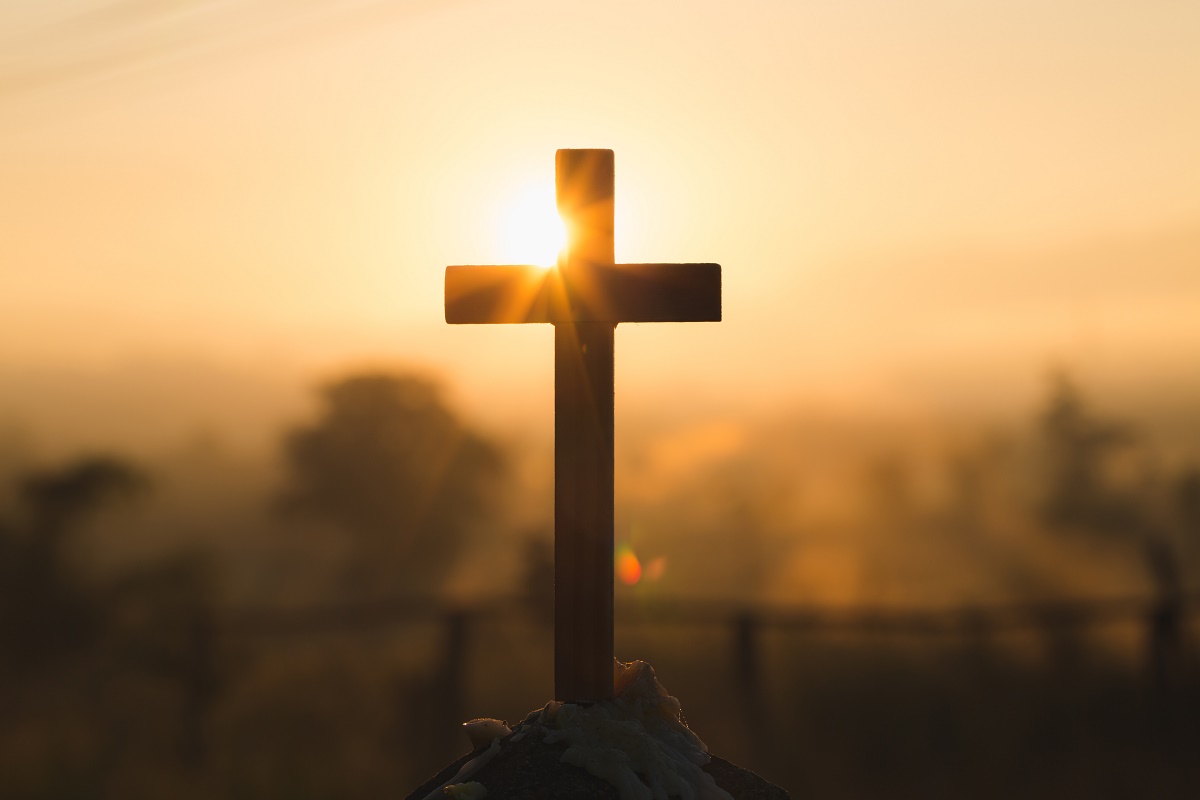By Rev Dr Garry Deverell
The University of Divinity, Australia’s oldest and largest theological school, will soon launch an Indigenous Studies Centre.
The centre will encourage the development of Christian theologies that have their roots as much in Aboriginal and Torres Strait Islander imaginations as they do in the perspectives brought from Europe by colonists.
Recognising that most Australian theological activity has been generated by white people, the centre will deliberately seek to decolonise Christian traditions and to engage them anew, beginning with a uniquely Indigenous sense of relationship with country, waterway and sky.
The University’s students, graduates, teachers and researchers (whether Indigenous or not) will be encouraged to form a relationship with Christ that grows from the imaginative roots of the world’s oldest living cultures.
This vision gestated over many years through conversations between local and international Christian leaders, both Indigenous and white. It was often noted that Australian theological colleges and seminaries were run by white people for white people, and that their curricula invariably reflected this fact.
More recently, of course, there has been a welcome influx of migrants into Australian theological schools and a subsequent expansion of consciousness about the mission of the church. Some schools have even employed people of colour as tenured lecturers, but no Australian theological college has employed an Aboriginal or Torres Strait Islander theologian to teach tertiary-level theology in a secure and tenured position.
Some of us have been visiting lecturers and tutors, three or four of us have even held down short contracts, but the overall picture remains fairly bleak for our people.
Aboriginal and Torres Strait Islander people are still regarded as the “wrong kind of black” to be occupying senior leadership positions in our churches or theological colleges and that sends a fairly clear, and fundamentally racist, message to our mobs: “stay away; you, along with your spiritualities and theologies, are not welcome”.
The ISC aspires to change that. Beginning with a ground-breaking agreement in 2019 between the University and NAIITS – an international learning community offering tertiary theological studies from Indigenous perspectives – we have begun to offer degrees, diplomas and certificate courses in theology that are taught by Indigenous scholars, from Indigenous perspectives, using Indigenous teaching methods.
Although the courses are open to any student that meets the academic entry requirements of an Australian university, we have sought to make it clear that this particular learning experience offers a safe space for Indigenous students. Non-Indigenous students must therefore agree to refrain, for example, from badgering Indigenous students with inappropriate questions born from Australia’s particular talent for casual racism, whether that be conscious or unconscious.
All students agree to treat other students with respect, and to accept the ruling of their Indigenous teachers on what that respect looks like in practise.

Indigenous students feel that theology is beginning to engage them in a meaningful way.
The evidence of three years of teaching the program is now in. Indigenous students feel like the windows have been thrown open, that theology in Australia is finally beginning to engage our own ways of imagining the life of God amongst us. And non-Indigenous students report that their perspectives on God and faith have been fundamentally transformed, even revolutionised, in the most positive ways possible.
These humble and fragile beginnings will, we hope, become the foundation for a centre which is able to lead both Church and academy into a theological journey which is, for the first time, genuinely Australian.
It will be “Australian” because it will seek to re-read the Christian traditions that arrived with colonists through the lens of a long and ancient experience with this continent and it peoples; “Australian” because it seeks to engage country and waterway as sacred text; “Australian” because we want to expand the meaning of that term to include the gondwanan heritage of this country alongside its colonial renderings.
My colleague, Naomi Wolfe, and I are privileged to have been appointed by the University Council to establish the Centre. We hope that Christian people of good will from all our churches will support and learn from us.
Rev Dr Garry Deverell is a trawloolway man, an Anglican cleric, and the Vice-Chancellor’s Fellow in Indigenous Theologies at the University of Divinity.
For more information, click here
The Indigenous Studies Centre relies on private donations. To contribute, download the form here and tick the ‘Indigenous Theology Fund’ box.

